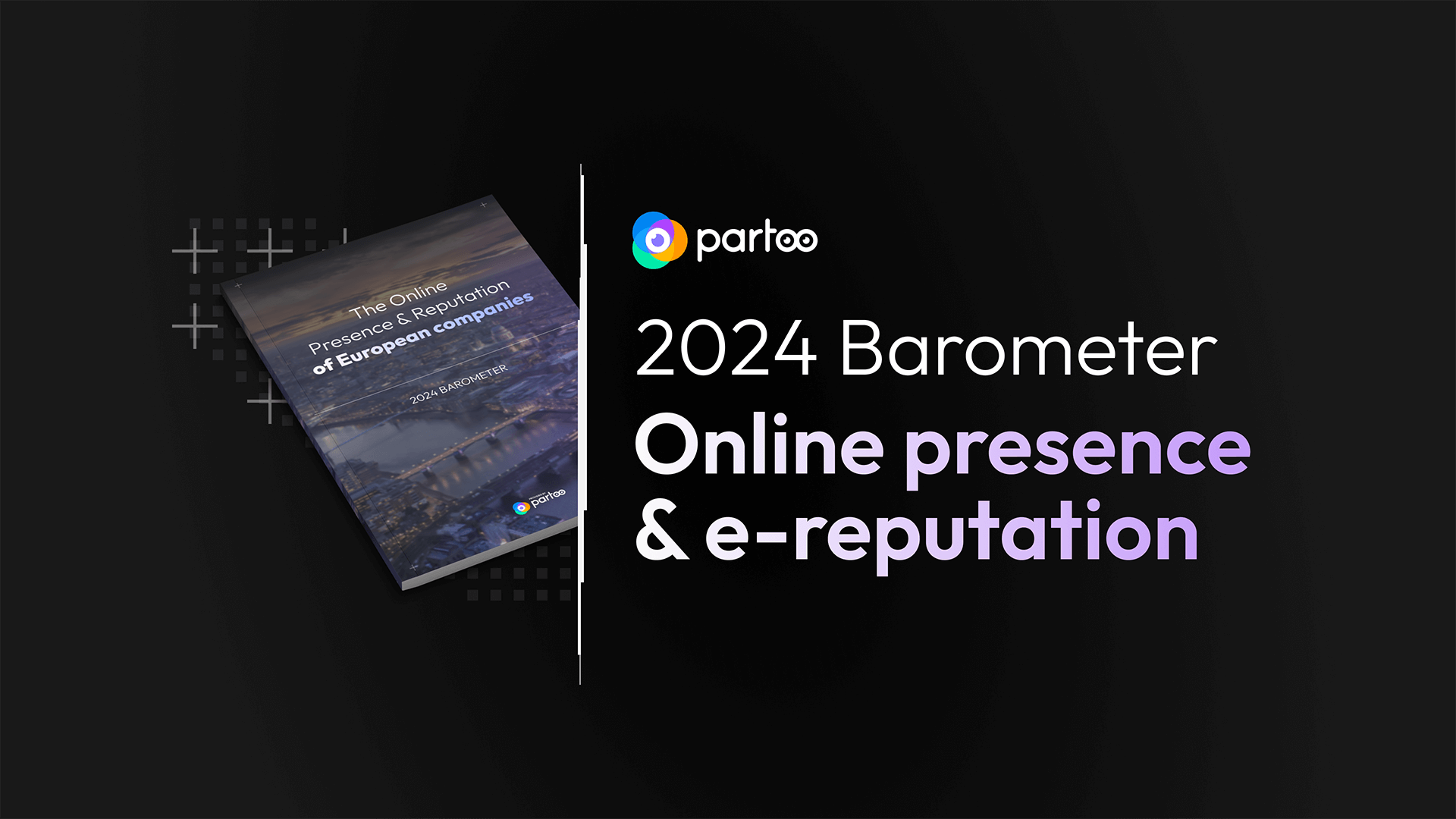16 April 2024 - 2 min
Introducing Jim: Your Ultimate AI Agent for Seamless Customer Conversations
We are thrilled to announce the launch of our newest feature, Jim – an AI…
 News & updates
News & updates










